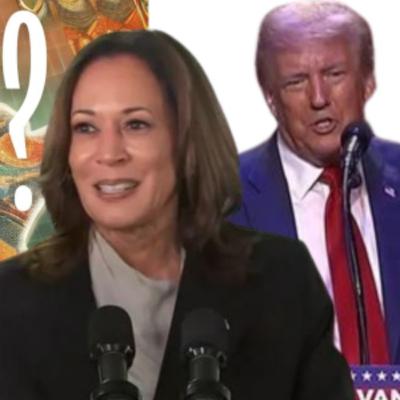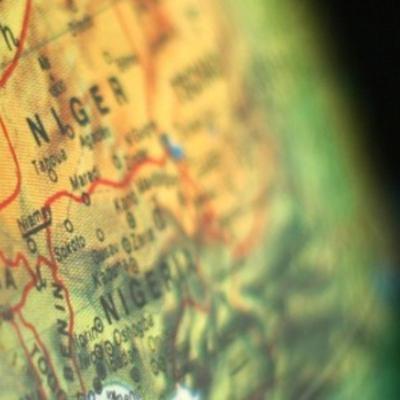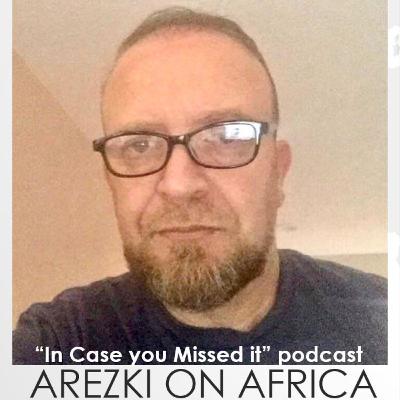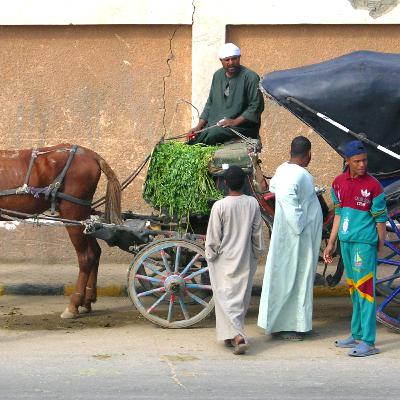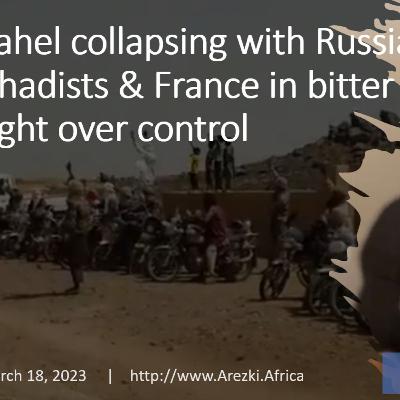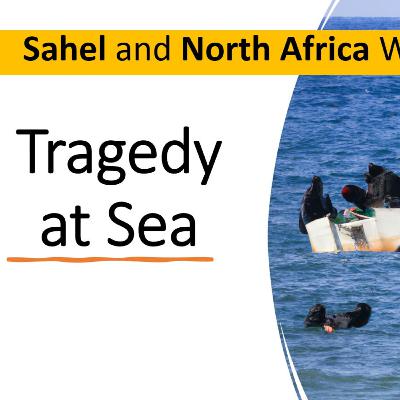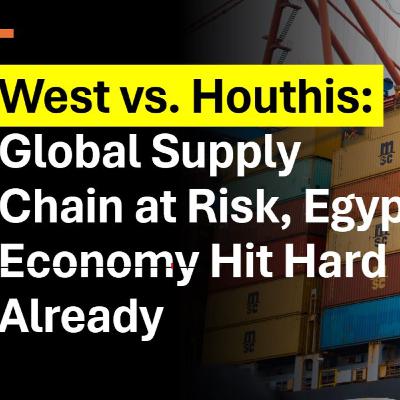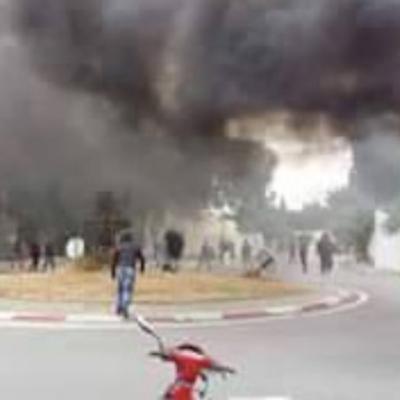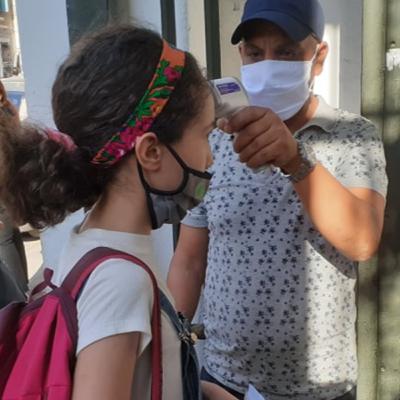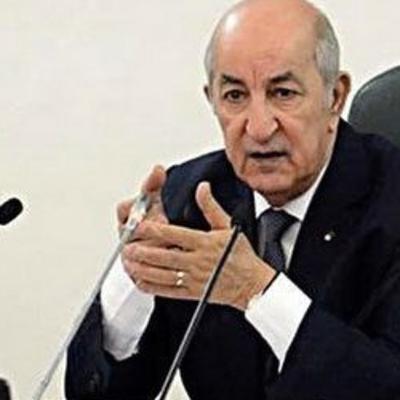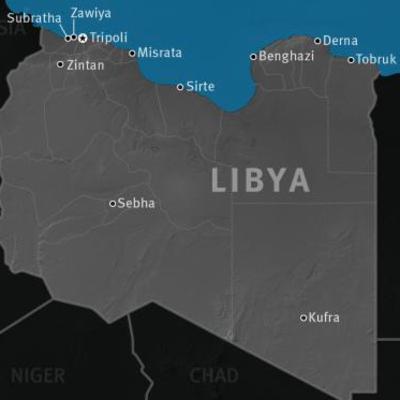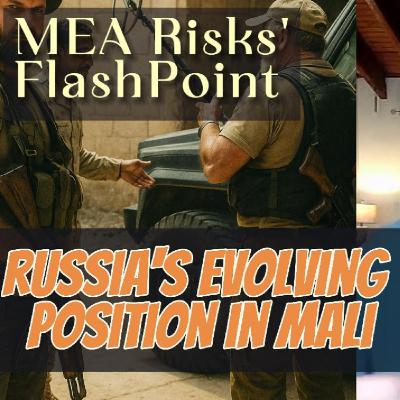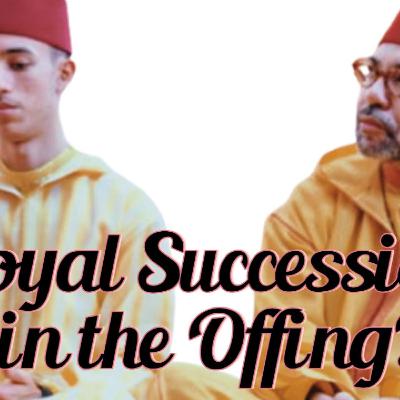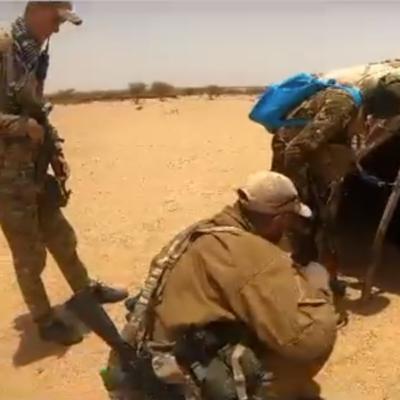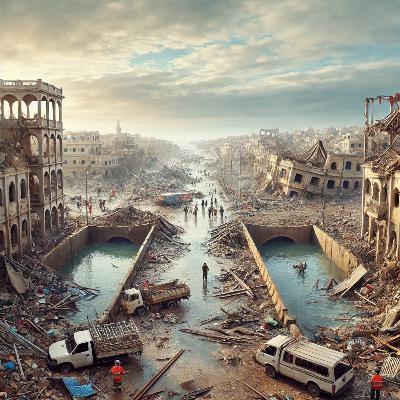Discover Geopolitics Simplified by Arezki Daoud
Geopolitics Simplified by Arezki Daoud

58 Episodes
Reverse
U.S. administrations, whether Republican or Democrat, have historically shown limited focus on Africa, prioritizing counterterrorism over development. With recent geopolitical shifts, some are calling for a more balanced approach, emphasizing stability and economic growth over military presence.
Rising Storms: The Pact Uniting #Mali, #Burkina Faso, and #Niger Against #Jihadists and Isolation: In this brief, #ArezkiDaoud of #MEARisk and the #NorthAfricaJournal addresses the challenges facing the new alliance formed by the three troubled #Sahel nations.
#Nigeria: Is President Bola #Tinubu headed the wrong way?
After being elected president in early 2023, #Nigeria's #Bola #Tinubu decided to cancel fuel #subsidies, setting the stage for a deterioration of prices across the board. For now, #Nigerians are experiencing high prices, high inflation, a weak currency, with #labor unions threatening to strike.
In this podcast, Arezki gives an overview of ongoing problems in #Egypt and what we should expect in 2024.
In this audio podcast, Arezki Daoud is sharing an update on the situation in the Sahel, specifically in Mali and Burkina Faso, two countries that have been torn apart by outside forces, be they the Jihadists, or some western powers, and now by the Wagner Group, a mercenary group that represents Russia. Arezki addresses the two most visible issues the Sahel faces on the security front and concludes with a third wildcard factor.
Greetings to our second episode of Week in Review and a quick summary of what we are tracking in the Sahel and in North Africa. Today is Saturday, the 7th of January 2023. This past week was somewhat subdued in the region largely due to the year-end holiday season and the shift to 2023. But events don’t stop simply because it is new year. Arezki Daoud of MEA RIsk LLC presents to you the big stories of the week, which include that of an unfolding emigration crisis in the Mediterranean Sea.
The #US and the #UK hitting #Houthi targets in #Yemen is largely the result of a sense of panic taking place in commercial and business circles. The #Houthis have clearly identified that there is a choke point that they can squeeze even more to get their positions heard. And what is happening up north, is certainly alarming not only for shipping companies and their clients, but for #Egypt and those who invested on the #Suez Canal.
This week (ending 21 January 2021), Tunisia made the front pages of global media with Tunisians clashing with security forces over the past days to complain about their living conditions. The riots, which are still underway, have been taking place in several regions, concentrating largely on disadvantaged areas and neighborhoods. In Morocco, the detention of thousands of suspects awaiting trial is clear evidence of a regime that has no interest in upholding its human rights obligations. In Algeria, the situation is even worse as the regime continues to harass activists, opposition politicians and Hirak militants. Egypt is probably the worst human rights offender in the North Africa region. This week marks the anniversary of the demonstrations in Cairo’s Tahrir Square, which broke out on 25 January 2011, and which toppled another Arab tyrant Hosni Mubarak. This is a podcast by Arezki Daoud of MEA Risk LLC and Editor of The North Africa Journal.
Tunisia is a boiling cauldron. It is certain that the Covid-19 epidemic is having a drastic impact on the country on many fronts. But the system put in place after the 2011 Jasmine Revolution, which was praised around the world as paving the way for the first democracy in the Arab world, has simply stalled. While the economy is facing unprecedented challenges, the very negative effects of such challenges could bring to power not only the Islamo-conservative movement that already attempted to govern in 2011 and failed, but also the party that ruled under dictator Ben Ali, both of which are a bad idea for Tunisia.
In this episode, Arezki Daoud discusses with Do Christophe Ouattar of World Neighbors (http://WN.org) how NGOs are operating in the Sahel. Topics include coping with growing insecurity, environment degradation, the impact of Covid-19 on humanitarian affairs and much more.
In this brief podcast recorded on 12 November 2020, MEA Risk's Arezki Daoud provided an update on the Coronavirus in the Maghreb region. The state of the Covid-19 epidemic in the Maghreb looks rather bleak as we are reaching the mid-point of November 2020. As in during the Spanish flu pandemic, the Covid-19 virus is back with a vengeance in what could be a second wave. Newspapers in 1919 reported very similar patterns, whereby a second wave in fall and winter turned out to be deadlier than when the pandemic was confirmed in early 1918. Here is a quick snapshot of Maghreb countries as of 12 November 2020.
In this brief, Arezki Daoud is reacting to the results of the referendum for a new constitution in Algeria, Which was reported to have had less-than 24% turnout on Monday, November 2, 2020. This is a bad week for the Algerian regime, which should brace for a disastrous 2021.
In this “In case you missed it” brief, Arezki Daoud of MEA Risk discusses the challenges of the ceasefire to stick.
In this episode of Flashpoint, we go beyond the headlines to explore Russia’s quiet shift from Wagner to the Africa Corps in Mali. Under pressure from Algeria, Moscow is phasing out mercenaries in favor of a state-run military presence — a move that is raising alarm among Tuareg leaders in the north.We break down how Algeria influenced this transition, what Wagner's legacy leaves behind, and why Tuareg commanders are now cautiously engaging with jihadist groups like GSIM. As Mali’s conflict shifts, Russia’s role is evolving — but not disappearing.Don't forget to subscribe for weekly insights on the Middle East-Africa region and the Sahel.#RussiaInMali #WagnerGroup #AfricaCorps #MaliCrisis #AlgeriaSahel #Tuareg #GSIM #SahelSecurity #MENAConflicts #FlashpointPodcast #Geopolitics #RussianMilitary #AfricaNews #ConflictZone #SecurityAnalysis
What’s happening to the Fulani in the Sahel isn’t just war — it’s collective punishment. This is the story no one wants to tell.#SahelCrisis #FulaniUnderAttack #WestAfricaConflicts #HumanRightsCrisis #Pulaaku #BurkinaFaso #Mali #EthnicCleansing #Fulani #Mali #Sahel
Week ending 31 May 2025: This week’s roundup covers key developments across North and West Africa: Russia phases out Wagner in Mali, Haftar gains ground in Libya, Mauritania cracks down on migration with EU backing, Guinea cancels over 100 mining permits, Senegal faces record fuel prices despite oil output, Egypt scrambles to manage a deepening energy crisis, and Morocco battles its first major wildfire of the season. For full analysis, visit North-Africa.com and subscribe for weekly regional insights.
With Morocco's King Mohammed VI facing health issues, the topic of royal
succession has come to the forefront. This video delves into Morocco's
succession process, the King's health challenges as reported by foreign
media, and the rising prominence of key figures like Crown Prince Moulay
Hassan, advisor Fouad Ali El Himma, and security chief Abdellatif
Hammouchi. As Morocco prepares for a potential transition, questions
emerge about the future of the monarchy and the direction the young
Crown Prince might take. Will Morocco see a shift towards conservatism,
or will it continue along a path of modernization?
#Morocco #RoyalSuccession #KingMohammedVI #MoroccanMonarchy #CrownPrinceMoulayHassan #MoroccoNews #NorthAfrica #SuccessionPlanning #RoyalFamily #Monarchy
There have been more chatter and speculations about the
activities of Russia’s mercenaries, formerly known as the Wagner Group, now reportedly called the Afrika Corps in the Sahel. It is unclear if the name “Afrika Corps” is official, but if so, it certainly confirms that the Russian outfit’s primary focus is indeed on Africa, likely as an arm of Moscow’s Africa policy. For the purpose of this analysis, I
will continue using the name Wagner. The Wagner gang is active in many Sahelian regions. We have been hearing that a number of its mercenaries withdrew from Burkina Faso to go back to Russia to counter the ongoing
Ukrainian offensive.
Libya is back in the news again, and it is not good news. At the center of it all, once again, are the two types of power struggles we are witnessing. On the one hand, there is a permanent conflict between Libya's rival governments, and on the other hand, there is an intense competition for influence involving foreign powers, who sponsor one rival government against the other.
A preview of what to expect in the upcoming presidential elections in fall in Algeria and Tunisia.


